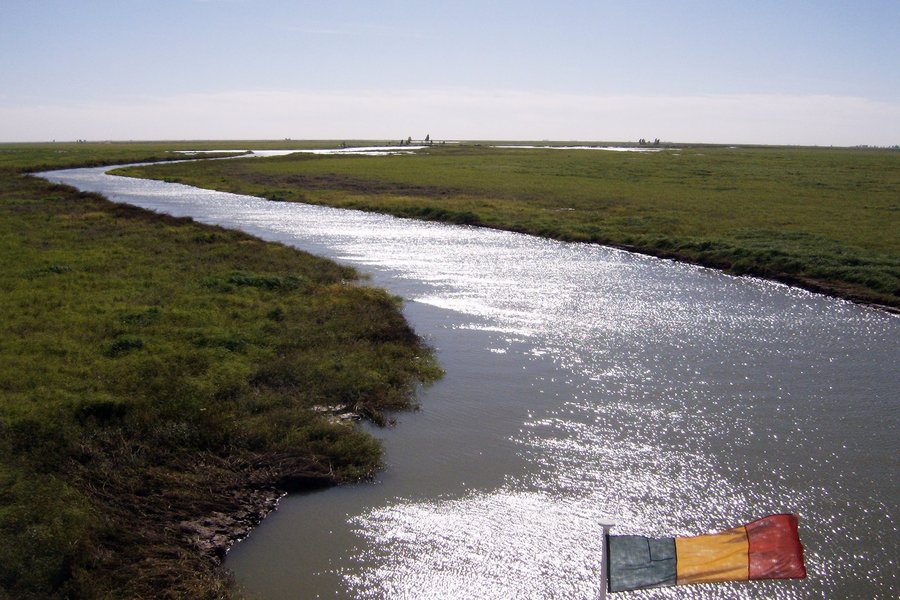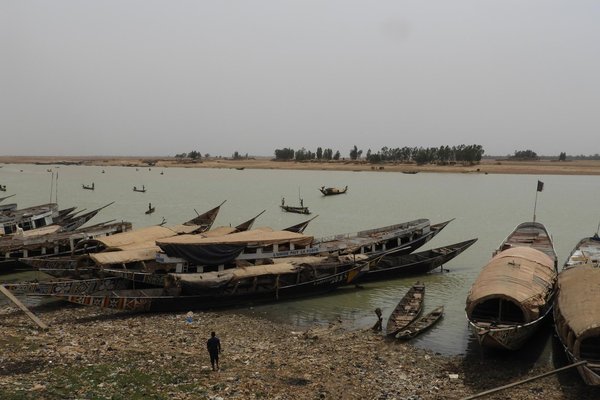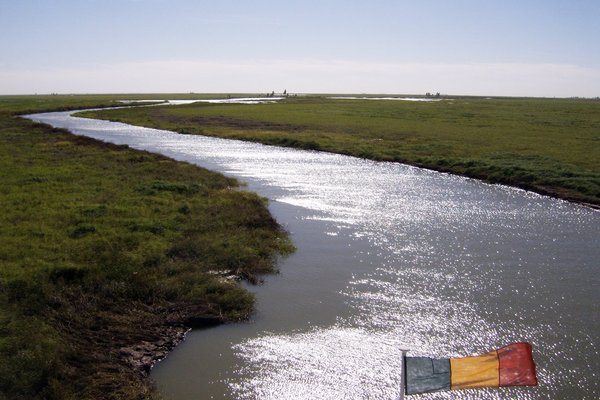Mali
Le Bassin du fleuve Niger
The Niger River Basin is the largest continental wetland in West Africa and the second for Africa after the Okavango Delta in Botswana.
It is an important area of biological diversity with a high number of animal species and aquatic plants living in terrestrial (flood plains) and aquatic (rivers and lakes) ecosystems. It is a refuge for many migratory birds and a reproduction site for manatees.
Site Info
Official Information
- Full Name
- Le Bassin du fleuve Niger (du seuil de Markala au lac Débo) (ID: 6271)
- Country
- Mali
- Status
-
On tentative list 2017
Site history
History of Le Bassin du fleuve Niger
- 2017: Added to Tentative List
- Added to tentative list
- Type
- Natural
- Criteria
Links
- UNESCO
- whc.unesco.org
All Links
UNESCO.org
- whc.unesco.org — whc.unesco.org
Community Information
- Community Category
- Wildlife habitat: Fauna
- Natural landscape: Rivers, Wetlands and Lakes
Travel Information
Recent Connections
News
No news.
Community Reviews
Show full reviews
The primary entry to The Niger River Basin is by boat from the important crossroads town of Mopti. Upon our arrival in Mopti in Dec 2007 we were fortunate enough to learn that the rains had been good that year and the river level was still high enough that the ferry that travels between Mopti and Gao via Timbuktu had been extended by an extra month and we would be able to catch the last sailing of the season. I assume because of the unusual schedule extension there were not many others on the ferry and we opted for deck class and pitched our tents out on the open upper deck for the 41hr journey to Timbuktu. The bottom deck was full of cargo; watermelons, guavas, drying fish, chickens, a few goats and a huge stack of timber, all making for an interesting smell.
The river is a large delta in this region with a lot of small villages of fishermen on the banks. Often these are no more than a dozen little mud and straw huts that look ready to wash away with the next rains. Our ferry seemed to be mostly used for transporting cargo and made numerous stops along the way. For us it was an unorthodox Christmas but a relaxing one just watching a very simple and traditional way of life play out before our eyes. As much as I think of it as a cultural landscape, the nomination is a natural one and in that …
Keep reading 0 comments

